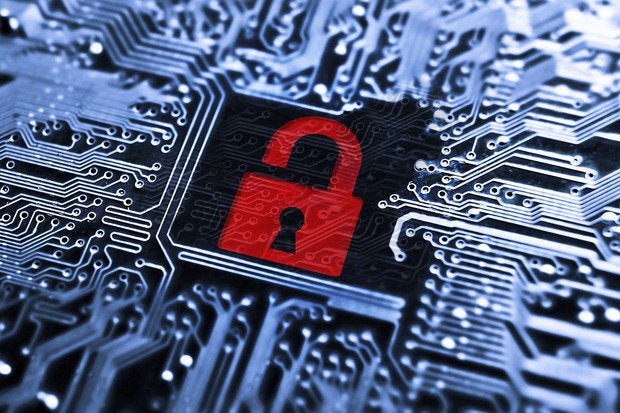The big shift to computing in the business world occurred
around the end of the 1980s; with IBM leading the pack in providing computing
solutions for businesses that at the time promised to give your business the
edge above other establishments. The biggest selling point of the new
technology was the promise that it would revolutionize the way companies stored
and managed data. I was a compelling offer, given the hassles of storing and
maintaining files, folders and a sea of documents.
Computers changed that scenario altogether, potentially
leading to increased levels of productivity and lower data handling costs. The
acceptance of computing technology in the 20th century restructured
businesses all over the world. However, this isn’t the 20th century
anymore. Networking and the internet have further streamlined data flow and by
extension businesses, yet, a new menace is at large.
Hacking is commonly defined as the art of gaining
unauthorized access to a computer or its data. Worldwide networking and open
source software on modern day computer machines translates that anyone skilled
in computer programming can manipulate the weaknesses in a machine’s software
and gain access to sensitive information that might be stored on your device.
While hacking can affect each and every individual with a computing device,
however, its sting is felt the most in case of organizations.
Data is the heart and soul of any organization. It helps it
to react to rapid changes that might occur due to some environmental changes,
gauge market demand or to simply store the contact details of its customers.
Data breaches are not new to organizations. Even before the advent of
computers, data breaches were reported from high value public companies, but,
that amounted to physical theft of data, which could be controlled by simply
increasing the security.
However, controlling hacks is not that simple. Earlier, the
entire data of a company was stored locally on hard drives that could be
accessed only physically. However, ever since networking became more and more
prevalent, the data is no longer on physical drives, but is being continuously
streamed. This makes it easier for
hackers to potentially gain unauthorized access to sensitive information.
As more and more companies go online, there are reports of
frequent attacks and data breaches. The most gruesome one yet occurred in 2013
when Target, the American retail chain was hacked in 2014. Around 40 million
debit and credit card numbers were stolen from company databases. Since then,
reports of hacks have been regular features in the news.
An even bigger controversy erupted when Sony pictures was
hacked, allegedly by North Korea. The hackers eventually posted private emails
of company bosses, copies of unreleased movies, causing huge losses and
embarrassment to the company. Several other companies also reported similar
hacks in the past year, adding fuel to the urgent need for measures to
safeguard businesses and also all computing devices from potential hacking
attempts.
The situation has gotten out of hand. The laws to prevent
hacking and unlawful access of private information; however, they lack
enforcement. Companies rely mostly on private contracts with IT companies to
manage their data and ensure its security. But, IT companies can only amp up
the defense of the system. They cannot go after the hackers.
One of the other problems with data breaches is that
investigators do not have much to go on with, because they have very little
cases with which they can correlate similarity patterns and strategize
accordingly. It is not necessary that hacking attempts have increased
exponentially in these past two years. In reality, less than 50% of all hacking
attempts are ever reported. Sometimes, due to lack of disclosure on part of
companies and other times because most hacks go unnoticed.
The cyber crime divisions of the police are just empty
monikers. After all these high profile hacks involving huge multinationals
which have the ability to exercise political pressure, the perpetrators have
not been identified. To everyone’s disbelief, the US President Barack Obama
made and outright accusation on North Korea for being responsible for the
hacking attacks on Sony. What followed this event was even more juvenile. A few
days later it was reported that the entire internet infrastructure of North
Korea had been compromised, allegedly by the United States.
Setting aside all these conspiracy theories, the pressing
need is to safeguard businesses and ensure that the next hack does not crumple
a bank or a stock exchange, threatening the entire economic structure of a
country. The age old principle of prevention is better than cure comes into
play here as well. Using secure
networks, screening and training employees, regularly updating the software are
all safeguards which will make it harder for hackers to penetrate the system
firewalls.
But there is only so much that a company can do while just
increasing the home base security. The companies that own devices and even
computer security companies have not been able to keep a check on hacking
activities. The only effort that can now seem to put a dent in hackers’
ambitions is the setting up of cyber security cells which are dedicated towards
safeguarding the interests of business owners, before this becomes a full blown
catastrophe.







No comments:
Post a Comment